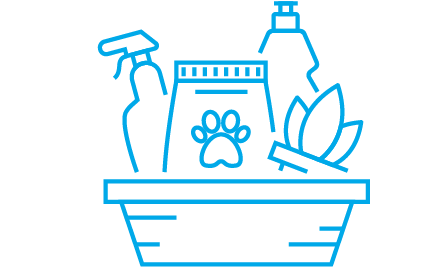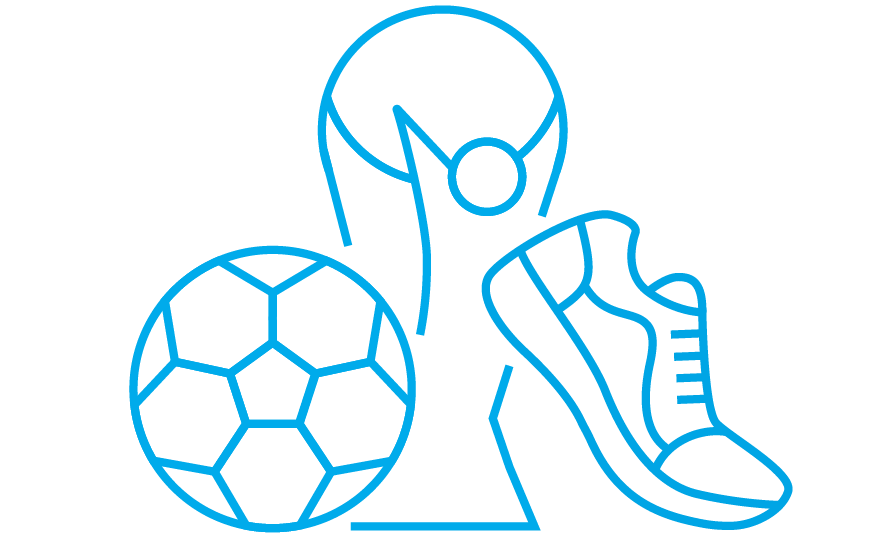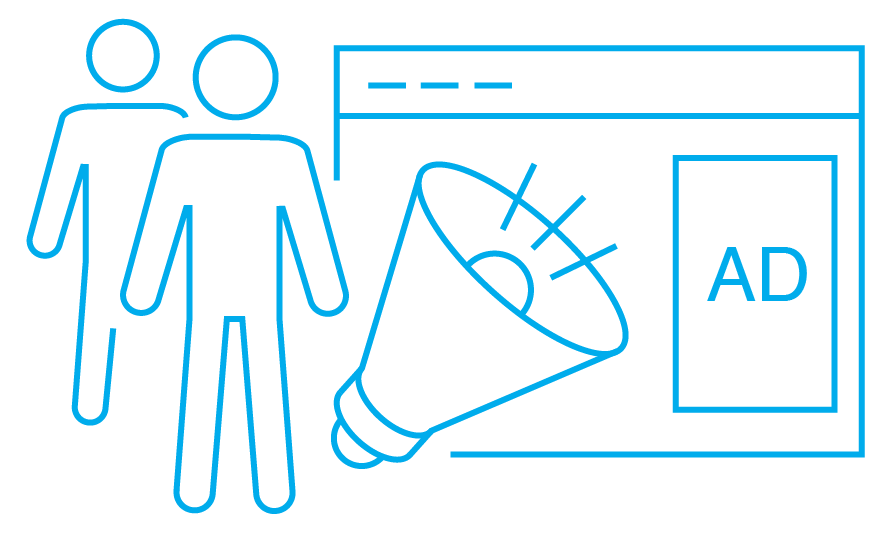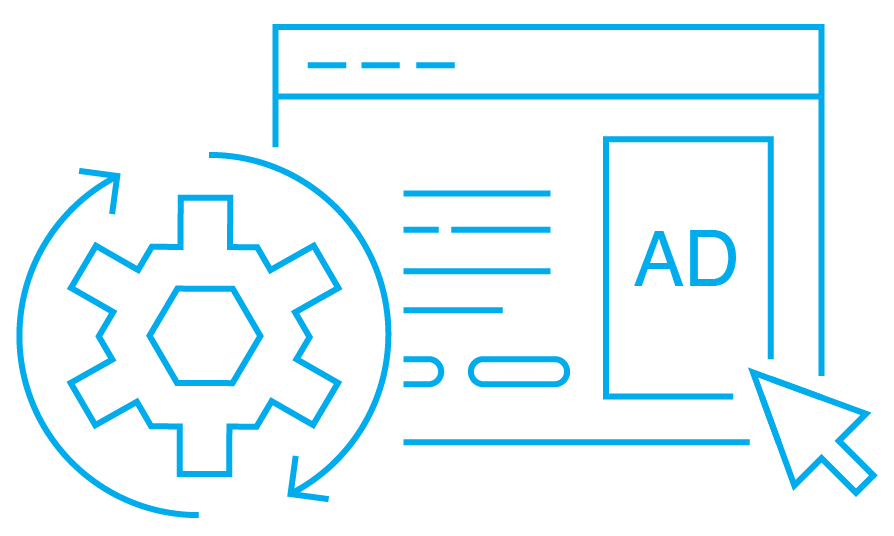- What Are Consumer Packaged Goods?
- An Overview of The CPG Industry
- The Digital Revolution in CPG
- Strategies for CPG Success in the Digital Age
- The Future of Consumer Packaged Goods
- Find Audiences Looking for Consumer Packaged Goods
In today’s fast-paced world, consumer packaged goods (CPG) are an integral part of our daily lives. In 2025, CPG is projected to spend $54.65 billion on digital advertising, placing it as the second-highest spender behind the retail industry at $88.13 billion. So, what exactly are consumer packaged goods, and how to reach CPG consumers in the digital age with audience data?
Gain Access to the New OnAudience Taxonomy
What Are Consumer Packaged Goods?
Average consumers use consumer packaged goods (CPG) every day and replace them frequently because of their fast-moving nature. Shoppers typically buy CPG products in brick-and-mortar stores with plenty of options for purchase and price. Today, however, advertisers and marketers learn more effectively about online users’ needs and offer them exactly what they want at the best price. CPG provides a broad range of categories such as:
- Food and beverages
- Personal care and hygiene products
- Beauty products
- Toddler and baby products
- Household cleaning supplies
- Pet food and supplies
- Home appliances
- Home and garden
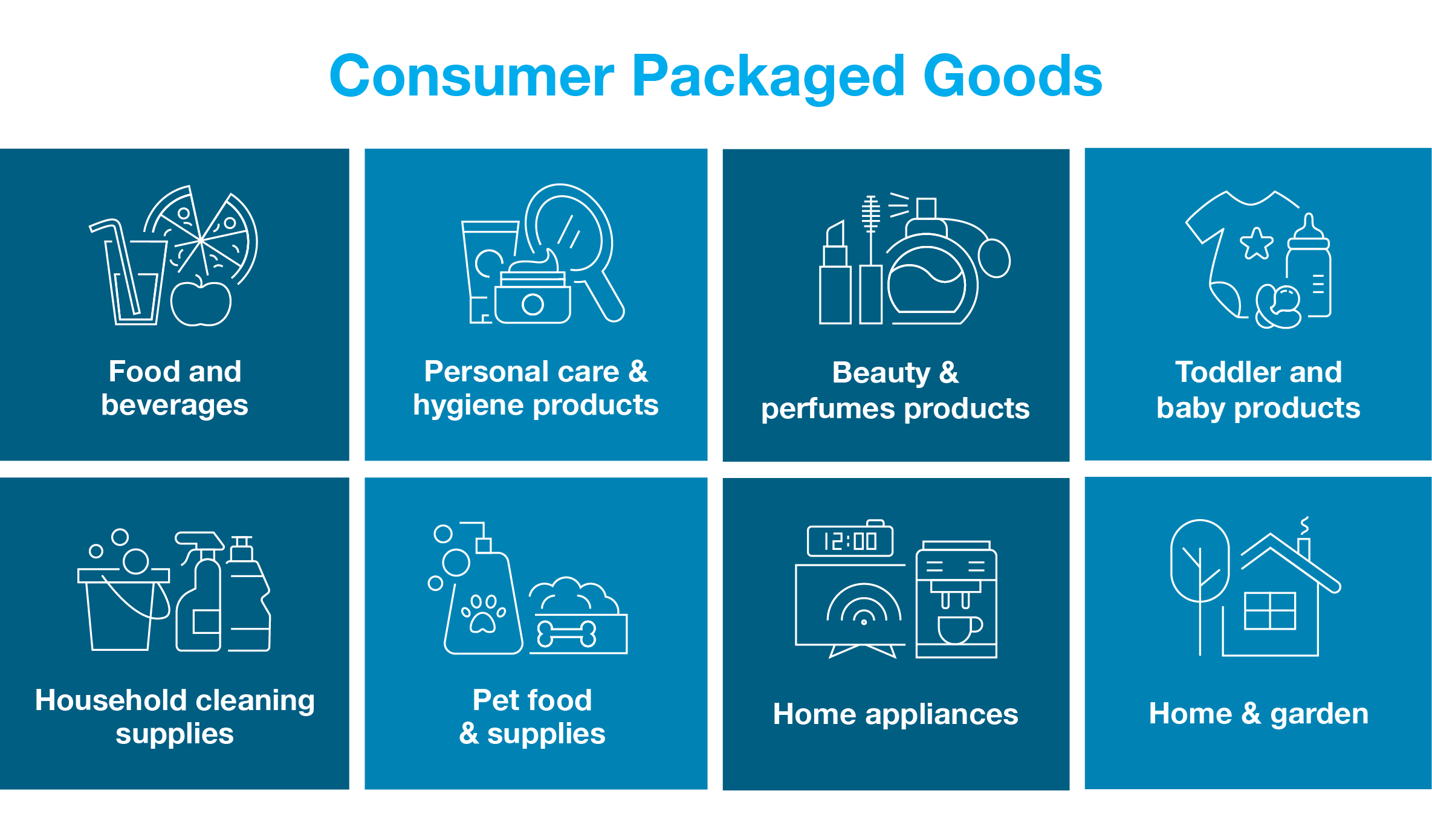 The CPG industry drives high-volume sales, frequent purchases, and relatively low profit margins per unit. Companies focus on scale, build efficient supply chains, and apply effective marketing strategies to stay profitable.
The CPG industry drives high-volume sales, frequent purchases, and relatively low profit margins per unit. Companies focus on scale, build efficient supply chains, and apply effective marketing strategies to stay profitable.
An Overview of The CPG Industry
The CPG industry has been going through various phases and growing steadily since the rise of the internet, but in the recent years it has spiked significantly:
- Value added in the Consumer Goods market is projected to amount to US$4.54tn in 2025.
- The value added per capita in the Consumer Goods market is projected to amount to US$634.73 in 2025.
- CPG e-commerce is a key driver of North American e-commerce market this growth, with online CPG sales accounting for 11% of the U.S. market in 2024.
The Digital Revolution in CPG
The internet has significantly impacted and changed how consumers interact with brands and make purchasing decisions. Here are some key statistics that highlight the importance of digital presence for CPG companies:
- 81% of consumers research products online before making a purchase decision, as they want to make sure it is the best possible choice.
- 74% of purchases are now digitally influenced, meaning consumers use online resources at some point in their shopping journey.
- Mobile devices account for 40% of digital minutes spent on retail shopping.
Strategies for CPG Success in the Digital Age
High-quality CPG Audience Data
Relevant information on your target audience helps to harness the effectiveness of connecting with them and satisfying their needs. Use high-quality audience data that provide you with information on what Consumer Packaged Goods (CPG) is needed per specific user:
- Demographic data (age, gender, income, location)
- Intent history and preferences
- Interests on online browsing and shopping behavior
- Lifestyle and psychographic information
Implementing trusted and privacy-safe audience data
Having support in connecting with your audience is especially important whether there comes about:
- Enabling audience segmentation for precise targeting
- Enhancing understanding of user preferences and needs
- Ensuring compliance with data protection regulations (GDPR, CCPA).
- Implementing high-quality audience data and secure data with user consent.
- Partnering with reputable third-party data provider like OnAudience
Cross-Device Targeting and Attribution
Partnering with a Global Data Provider that delivers Taxonomy for Consumer Packaged Goods can help you achieve better cross-targeting and attribution results in programmatic campaigns. As with consumers use multiple devices, we provide information on the overall customer’s device journey which helps you to:
- Creating seamless user experiences across different platforms.
- Attributing conversions accurately to improve ROI measurement.
- Achieve better customer experience and campaign results at profit.
The Future of Consumer Packaged Goods
As the digital world keeps transforming and introducing more and more advancements, the future of the consumer packaged goods industry in the digital space also looks very promising. There are several trends shaping the CPG industry:
- Personalization at Scale: The constant growth and developments in digital space will enable mass customization of products and marketing to connect with the target audience effectively.
- Subscription Models: More CPG brands will adopt subscription-based services for recurring purchases to attract users to buy from their online stores on a daily basis.
- Artificial Intelligence: AI will play a crucial role in optimizing everything from product development to supply chain management and understanding users at a deeper level. To learn more, check the article: How Does AI Improve Audience Creation and Segmentation?
- Sustainability Focus: Eco-friendly products and wider products offer will become a key practice and differentiator for CPG brands trying to reach their customers.
- Omnichannel Experiences: Seamless integration between online and offline shopping experiences is becoming increasingly important together with user data.
Find Audiences Looking for Consumer Packaged Goods
The consumer packaged goods industry has reached a pivotal point in its evolution. Digital technologies reshape consumer behavior and expectations, so CPG companies adapt and innovate to stay relevant and meet consumer needs in the digital space.
The future of CPG depends on creating seamless, personalized experiences for consumers across every touchpoint—online and offline—while preserving quality and value.
As the industry continues to evolve, one thing remains clear: the brands that successfully blend traditional CPG strengths with digital innovation and CPG audience data will be the ones that thrive in this new era of consumer goods.

